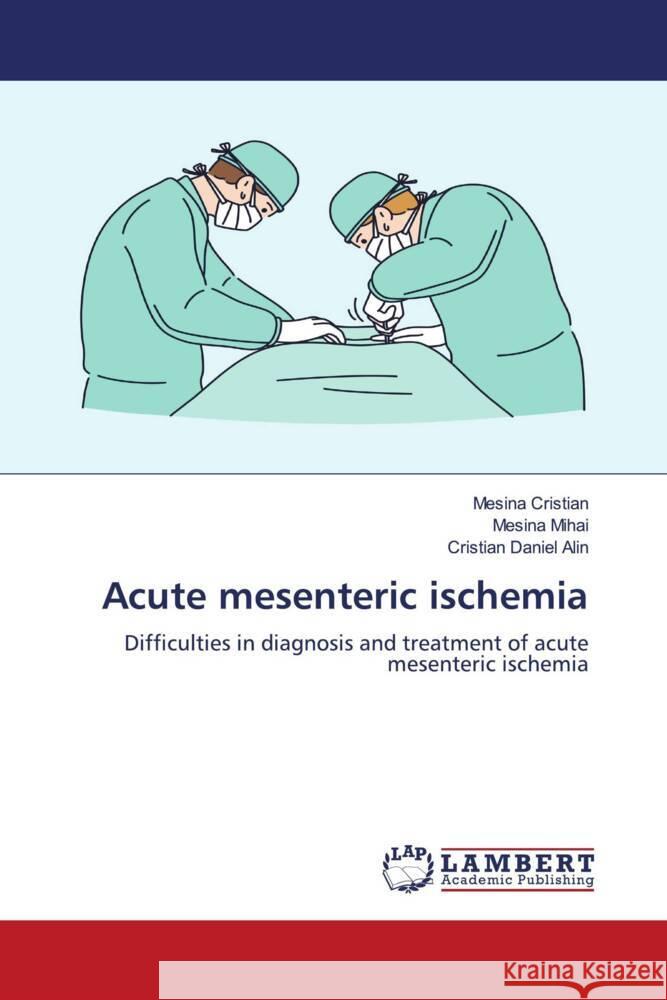Acute mesenteric ischemia » książka
Acute mesenteric ischemia
ISBN-13: 9786204956343 / Angielski / Miękka / 68 str.
Intestinal ischemia has been classified into three broad categories according to clinical features, namely: acute mesenteric ischemia, chronic mesenteric ischemia (intestinal angina), and colonic ischemia (ischemic colitis). Acute mesenteric ischemia is not an isolated clinical entity but a complex of diseases including thrombosis and acute mesenteric arterial embolism, mesenteric venous thrombosis, and nonocclusive mesenteric ischemia. In all these entities the clinical manifestations are determined by the disturbance of the intestinal blood irrigation, the bacterial translocation and the systemic inflammatory response syndrome. Another important feature of acute mesenteric ischemia is the reperfusion lesion which exacerbates the ischemic balance of the intestinal microcirculation. Mortality associated with acute mesenteric ischemia varies with the underlying cause. Acute nonocclusive mesenteric ischemia is the most lethal form due to insufficient knowledge of pathophysiology and nonspecific symptoms. Mortality is lower in mesenteric venous thrombosis compared to upper mesenteric artery thromboembolism and acute non-occlusive mesenteric ischemia.











